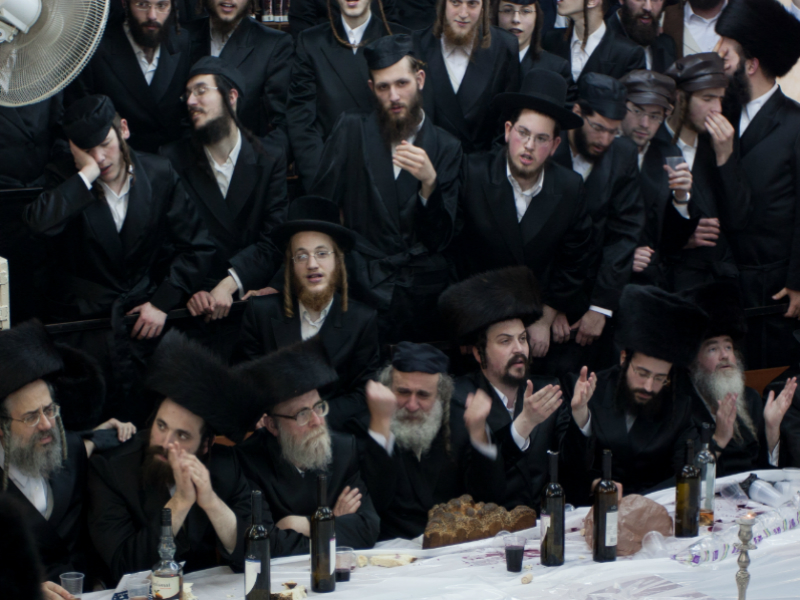The Times of Israel reported last month that as many as a third of marriages in Israel are held outside the purview of the Chief Rabbinate of Israel, which controls all Jewish nuptials in the country.
Israelis are so disillusioned by the rabbinate that many are willing to go outside the country to tie the knot, or be content not to have a state-sanctioned marriages. Even Orthodox couples are choosing to find Orthodox rabbis who are not part of the official structure, in order to evade the bureaucracy, the strictures and, at times, the humiliation inflicted by rabbinic officials.
Israeli rabbinical courts can now demand DNA tests as evidence of a person’s Jewishness, before authorizing a marriage. This has frightening echoes of Nazi racism. Such tests would also reject the Jewish status of descendants of the biblical Joseph, Moses and King David, because they had non-Israelite wives. Opponents of the official religious establishment, including committed Orthodox Jews, are understandably outraged. Hence the growing number of marriages conducted outside the rabbinic establishment.
READ: MARMUR: THE EVOLVING ANSWER TO ‘WHO IS A JEW?’
Since the chief rabbinate also controls kashrut in Israel, some observant Jews have created an alternative, independent framework that licences restaurants and other catering establishments to serve kosher food. This protects the public from the alleged negligence and corruption in the official system.
Indeed, corruption has permeated the highest ranks of the chief rabbinate: the immediate past Ashkenazic chief rabbi of Israel, Yona Metzger, who was in office for a decade from 2003, just got parole from his three and a half year jail sentence for corruption.
The chief rabbinate was created by the British mandatory powers in Palestine, using the model of the corresponding institution in Britain. Although both Israel and Britain used to distinguish incumbents, it seems that the office now diminishes those who hold it, turning them into tools of a cumbersome and menacing bureaucracy.
Thus, the current Ashkenazic chief rabbi of Israel, David Lau – who, as the rabbi of the Israeli town of Modi’in, became well known for discussing halakhic matters on Israeli television – appears to have become the hapless tool of a corrupt system. It’s no wonder that more fitting candidates for the office stay away, or are kept away, such as his cousin, Rabbi Benny Lau, one of the great stars of Israel’s Orthodox rabbinic scene.
The situation doesn’t seem to be different in Britain nowadays. Rabbi Jonathan Sacks is internationally recognized as one of the most articulate and erudite exponents of Judaism in our time. Yet as chief rabbi, he appears to be beholden to heartless extremists. The British government may have honoured him with a peerage, but many British Jews have been less than impressed by his ministry.
For example, under his watch, a synagogue in the English town of Bournemouth refused to call the late Rabbi Louis Jacobs to the Torah at a Shabbat service, on the eve of his granddaughter’s wedding, because his theology was deemed to be too open to the world for the rabbinic establishment.
There’s much to suggest that the chief rabbinate, which was never an indigenous Jewish institution, has become obsolete. One of the advocates for its abolition is Dan Fefferman, a fellow of the Jewish People Policy Institute. Last month, he wrote in the Jerusalem Post that, “It seems the days of the rabbinate’s monopoly on marriage are over because too many dissatisfied people have created a de facto alternative. The institution has already become irrelevant to a significant portion of society, a trend that will only continue so long as nothing changes.”
Jews in Canada have every reason to congratulate themselves on the fact that they never accepted the chief rabbi of Britain and the commonwealth, or any other “chief.” This may account for the much greater civility and co-operation among Canadian religious leaders across the denominational spectrum.
